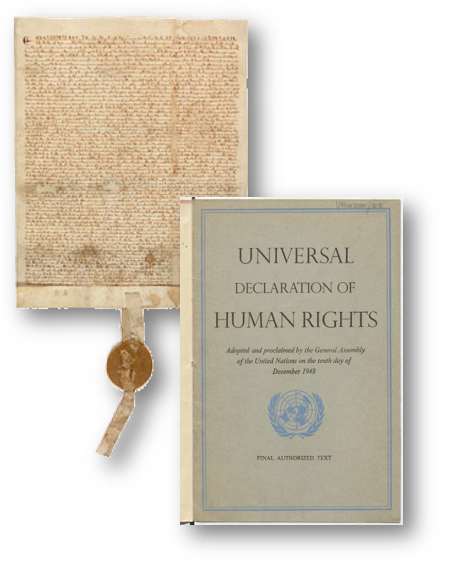Occasionally, the Harris County Law Library will recommend a podcast that may be of interest to readers of this blog. Previous suggestions include More Perfect, Reveal, and the podcasts of the Legal Talk Network. On Monday, July 24, the Washington Post will launch a new podcast called Constitutional. The press release describes it as follows:
The Washington Post is launching “Constitutional,” a new podcast about the history of the U.S. Constitution and the great debates that have shaped it over time. “Constitutional” will explore the document’s origin story, the passage of its amendments, and the people who fought to frame and reframe it— revolutionaries, abolitionists, suffragists, teetotalers, protesters, justices, and presidents.
Each week the podcast will delve into the big fights over citizenship, race, justice, love, liberty, taxes, and freedom of expression. Sign up for news on the podcast release here.
If you decide to tune in and you find that you like the Constitutional podcast, check out its predecessor, also from the Washington Post, the Presidential podcast. Both are hosted by Lillian Cunningham. Happy listening!






